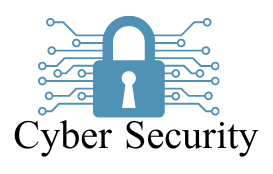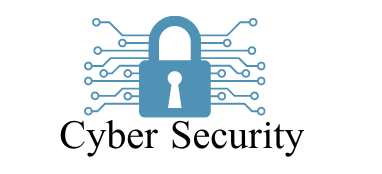Everyone’s safety in this increasingly digital environment depends on practicing basic cyber hygiene. Cyber hygiene pertains to the actions and behaviors that a person might implement to ensure the safety and security of their digitally stored information.
1. Use Strong, Unique Passwords
Creating strong, one-of-a-kind passwords for each of your accounts is one of the most essential parts of practicing cyber hygiene. Don’t use passwords that are simple to figure out, such “123456” or “password.” Rather, make complicated passwords with a combination of special characters, numerals, and capital and lowercase letters. To stop a password breach on one account from compromising others, each account should have its own special password.
2. Enable Multi-Factor Authentication (MFA)
Adding multi-factor authentication to your accounts gives them an additional security layer. To acquire access, you need to submit two or more verification factors, usually a password that you know and a code that is sent to your phone. This makes it far more difficult for attackers even those who know your password to access your accounts.
3. Keep Software Updated
Updating your software on a regular basis is essential for security maintenance. Updates for software frequently contain fixes for security flaws that hackers could use. This holds true for whatever software you use, your operating system, web browsers, and antivirus programs. If at all possible, enable automatic updates to make sure you’re always protected.
4. Be Cautious with Emails and Links
Cybercriminals frequently use phishing attempts to steal data. Unsolicited emails should be avoided, especially if they request personal information or instruct you to click on dubious links. Keep an eye out for telltale indicators of phishing, such sloppy writing, impersonal greetings, and unexpected attachments. When in doubt, get in touch with the sender personally via a reliable and well-known mechanism to confirm the email’s veracity.
5. Use a Password Manager
It can be difficult to remember several strong passwords at once. By safely storing your passwords and creating strong ones for you, a password manager can be helpful. You may easily maintain strong password hygiene across all of your accounts by using a password manager, which reduces the number of master passwords you need to remember.
6. Secure Your Wi-Fi Network
An unprotected wireless network may present a simple target for intruders. Ensure that the encryption and strong password on your home Wi-Fi network are set to WPA3. Modify your router’s default login information and turn off remote administration capabilities. Check for firmware updates on a regular basis to make sure your router is shielded against the newest vulnerabilities.
7. Regularly Back Up Your Data
Maintaining regular backups is crucial to safeguarding your data from accidental deletion, ransomware, or system malfunction. Utilize both physical and cloud-based backups to make sure you can restore your data in a variety of situations. To guarantee that backups are performed on a regular basis without requiring human interaction, automate the process.
8. Be Mindful of Public Wi-Fi
Because public Wi-Fi networks are frequently less secure, attackers find them to be appealing targets. Steer clear of sensitive information when using public Wi-Fi, such as online banking. Use a virtual private network (VPN) to encrypt your internet connection and shield your data from prying eyes if you must use public Wi-Fi.
9. Install and Use Antivirus Software
Your devices can be shielded from ransomware, malware, and other online dangers with the use of antivirus software. Make sure all of your devices are running reliable antivirus software, and keep it updated. Check your devices frequently for malware to identify and eliminate any possible threats early.
10. Educate Yourself and Stay Informed
Because cyber risks are always changing, it’s important to be aware in order to practice proper cyber hygiene. Learn about the most recent online security threats and recommended practices. To keep yourself informed about new threats and self-defense techniques, follow reliable news sources, blogs, and social media accounts related to cybersecurity.
Conclusion
To sum up, maintaining excellent cyber hygiene is crucial for safeguarding your private data and lowering the danger of online attacks. You can greatly improve your online security by using the advice provided in this blog post, which includes creating strong, one-of-a-kind passwords, enabling multi-factor authentication, updating software, being cautious when opening emails, using a password manager, securing your Wi-Fi network, routinely backing up your data, being aware of public Wi-Fi, installing antivirus software, and staying informed. Make these procedures a priority in your everyday activities to guarantee the safety and security of your online activities.



